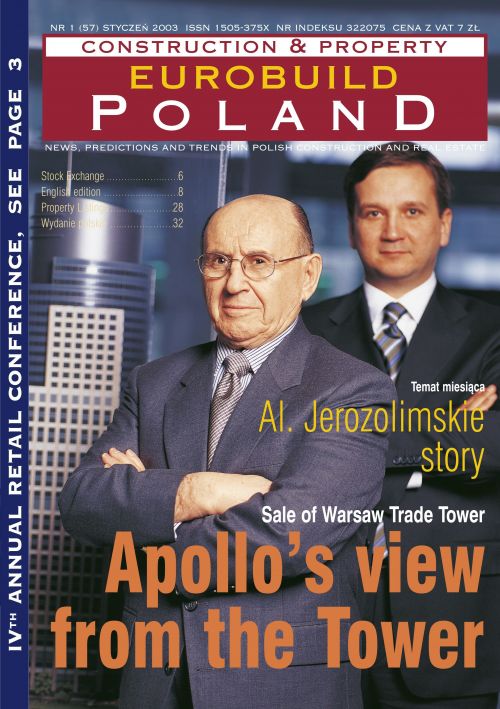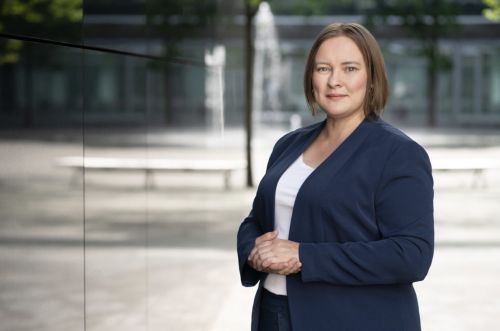"The mistake a lot of shopping centre developers and
owners make is that they spend a lot of money on a launch campaign and
then...nothing," says Anne Duggan, the London office Marketing Manager of
Cushman & Wakefield Healey & Baker
However, a well-planned, run and ongoing marketing campaign is
a vital tool for developing brands, which she believes results in:
-the centre's unique identity in a competitive market being established
-the centre becoming the number one customer choice
AND
-the centre's increasing value in the eyes of customers, tenants and investors.
Like a pair of Nikes
"Marketing is a part of the cost of running the centre," says Ms
Duggan who then adds, that "it has to be seen as more than this. It's about
establishing the shopping centre as a brand that people aspire to, that they
want to come to. You can do lots of things to increase footfall, to keep people
in the centre, make them spend more money but what might not happen, if you
don't do it right,




























































